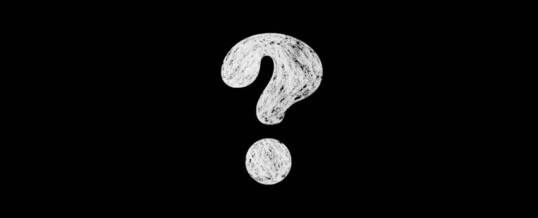
The first Sunday of Advent is also the first day of a new Liturgical year. Since the 2021 Sunday missal was not yet available, I opened the New Testament and read the beginning: “The book of the genealogy of Jesus Christ, the son of David, the son of Abraham.” (Mt 1.1) My mother-in-law once told me that in her lifetime she read the Bible, all the way through, three times. “Except,” she admitted, “for the begats. I skipped over them.” Matthew 1, 2-17 presents 3 sets of 14 “begats”. I imagine most of us skip over them.
If anyone has attempted to trace their genealogy today, they tend to go back through both parents. When they do it becomes quite unmanageable: 2 parents, 4 grandparents, 8 great grandparents, 16 great, great grandparents, 32 great, great, great, grandparents. Each of us is a direct descendant of 32 people after only 5 generations. 14 times 3 generations would result in millions upon millions of direct ancestors, more than the population of the entire world. However, tracing genealogy through one parent does not reveal anything about one’s genetic make-up. So what was the purpose of the genealogy through the father in Matthew, Chapter 1?
Primarily it reflected the best science of the time. As an excellent memory device, a great many historical stories are placed in chronological sequence from Abraham to Jesus, the Christ who came at the end of those times. Genealogy through the father also brought order to society. Ownership of property was inherited from father to son; the roles of men and women were simpler and sexual morality more clear-cut. Chronology was not just simpler but possible.
What causes so much of the confusion in the world today was a scientific discovery that the female is equal to the male in procreation. When Galileo saw four of the moons of Jupiter through a telescope (as we still can with ordinary binoculars) he shook the faith of many believers in the heaven of a previous science. Galileo made us realize (eventually) that belief in the Creator does not rest on our very fallible scientific explanation of creation. Likewise when Darwin saw examples of creation never seen before and scientists discovered microscopic realities about ourselves, they made us realize that our knowledge of procreation had been very incomplete. That does not change our Faith that we are all God’s creation, and our limited understanding is not God’s.
So when we read Matthew 1 and then go on to read Matthew 2, where one story of the virgin birth is told, we are left with a question, How do chapter 1 and chapter 2 relate? How do faith and reason interact? To explore is to go on a quest. A question is a new beginning that requires an open mind.
Agnes Beirne
NOV
2020

About the Author: